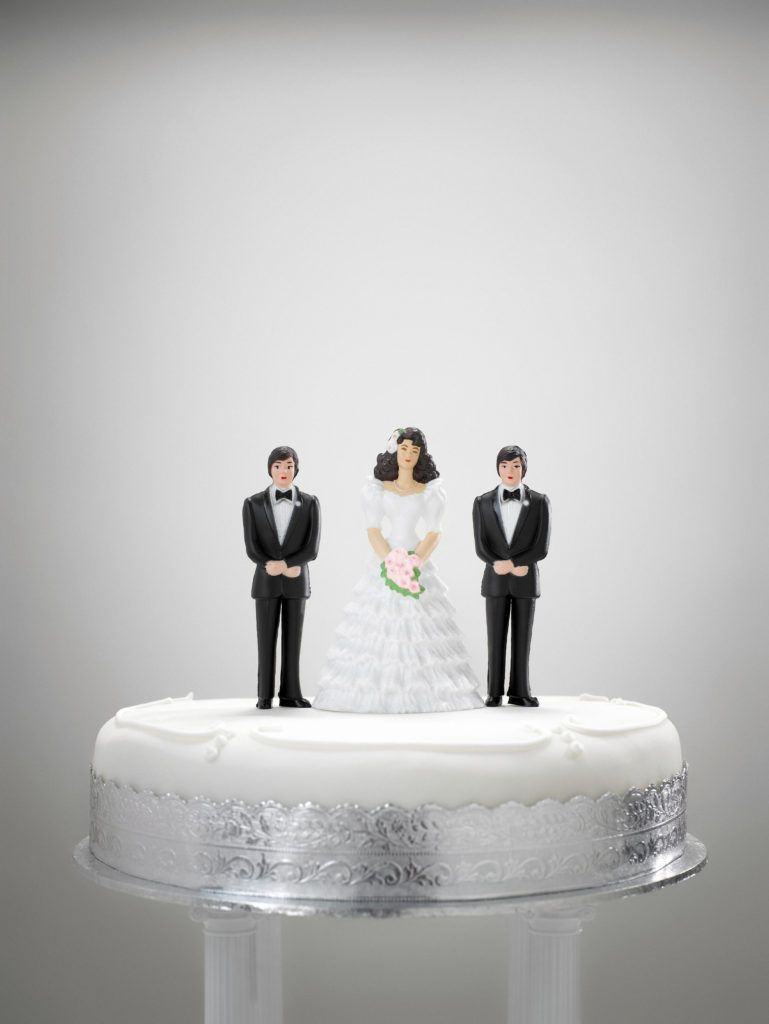Is it a Crime to Have More Than One Spouse in Canada?


It is a criminal offence in Canada to have more than one spouse, as Section 293 of the Criminal Code prohibits polygamous relationships. The umbrella term “polygamy” covers various forms such as polyandry (when a woman has more than one husband), polygyny (when a man has more than one wife), and bigamy.
Bigamy, defined under section 290 of the criminal code, prohibits already married individuals from marrying again, it also applies to individuals marrying someone already known to be married or individuals marrying more than one person at the same time.
Even though some religions may morally permit and practice forms of polygamy, engaging in polygamy is an indictable criminal offence in Canada punishable with imprisonment for a term of no more than five years.
For conviction of these offences, the Crown is required to prove several elements: firstly, there is a person, secondly, this person has the intention to practice or enter into a marriage, thirdly, this marriage involves more than one person simultaneously, and finally, this takes place whether or not the marriage is recognized by law as a binding form of marriage.
The Elements the Crown Must Prove for Conviction
For the conviction of these offences, the Crown needs to prove multiple elements. These include a person, who has the intention to practice or enter into a marriage with more than one person simultaneously. This is applicable whether or not the marriage is recognized as a binding form of marriage by law.
The offence does not necessitate that one of the involved parties be a minor, nor does it require the crime to take place in the context of dependence, abuse of authority, power imbalance, or exploitation. This carries significant implications for immigrants coming into Canada who have existing legal polygamous relations in their home countries.
An example of this can be seen in the case of Ali v Canada (Minister of Citizen & Immigration), 1998, where Mr. Ali was denied entry into Canada because he had applied for permanent residence for his two wives on separate applications. This provided reasonable grounds to believe that Mr. Ali would practice polygamy in Canada, which is in contrast to section 293 of the criminal code and, at the time, section 19(1)(d)(i) of the Immigration Act. Despite Mr. Ali’s arguments that he wouldn’t practice polygamy in Canada by having his two wives in separate residences and in different provinces, the court ruled that the parties would still be in illicit polygamous relations.
There has been a challenge to the section 293 of the Criminal Code under the Charter, known as Reference re Criminal Code of Canada (B.C.) 2011. The court found that although section 293 infringes on Freedom of Religion, a human right guaranteed by section 2(a) of the Charter, It was deemed permissible under section 1 of the Charter, which allows for reasonable limits stipulated by law that can be demonstrably justified in a free and democratic society.
The court justified this limit due to the harm caused by polygamy, such as harm to children, women, society, and the institution of monogamous marriage. However, the court did confine the application of section 293 to exclude minors between the ages of 12 and 17, as referred to in Reference re Criminal Code of Canada (B.C.) 2011.
Facing Polygamy or Bigamy Charges? Get Legal Support Today
Polygamy and bigamy are criminal offences in Canada, and those involved in such practices can face severe penalties, including imprisonment. Regardless of recognition in other countries or religious practices, polygamous marriages are not legally valid in Canada and can result in serious legal consequences.
If you are facing charges related to polygamy, bigamy, or immigration issues due to marital status, Pyzer Criminal Lawyers can help. Our experienced Toronto defence lawyers will protect your rights and guide you through the legal process. Contact us today for a confidential consultation.

Jonathan Pyzer, B.A., L.L.B., is an experienced criminal defence lawyer and distinguished alumnus of McGill University and the University of Western Ontario. As the founder of Pyzer Criminal Lawyers, he brings over two decades of experience to his practice, having successfully represented hundreds of clients facing criminal charges throughout Toronto.





